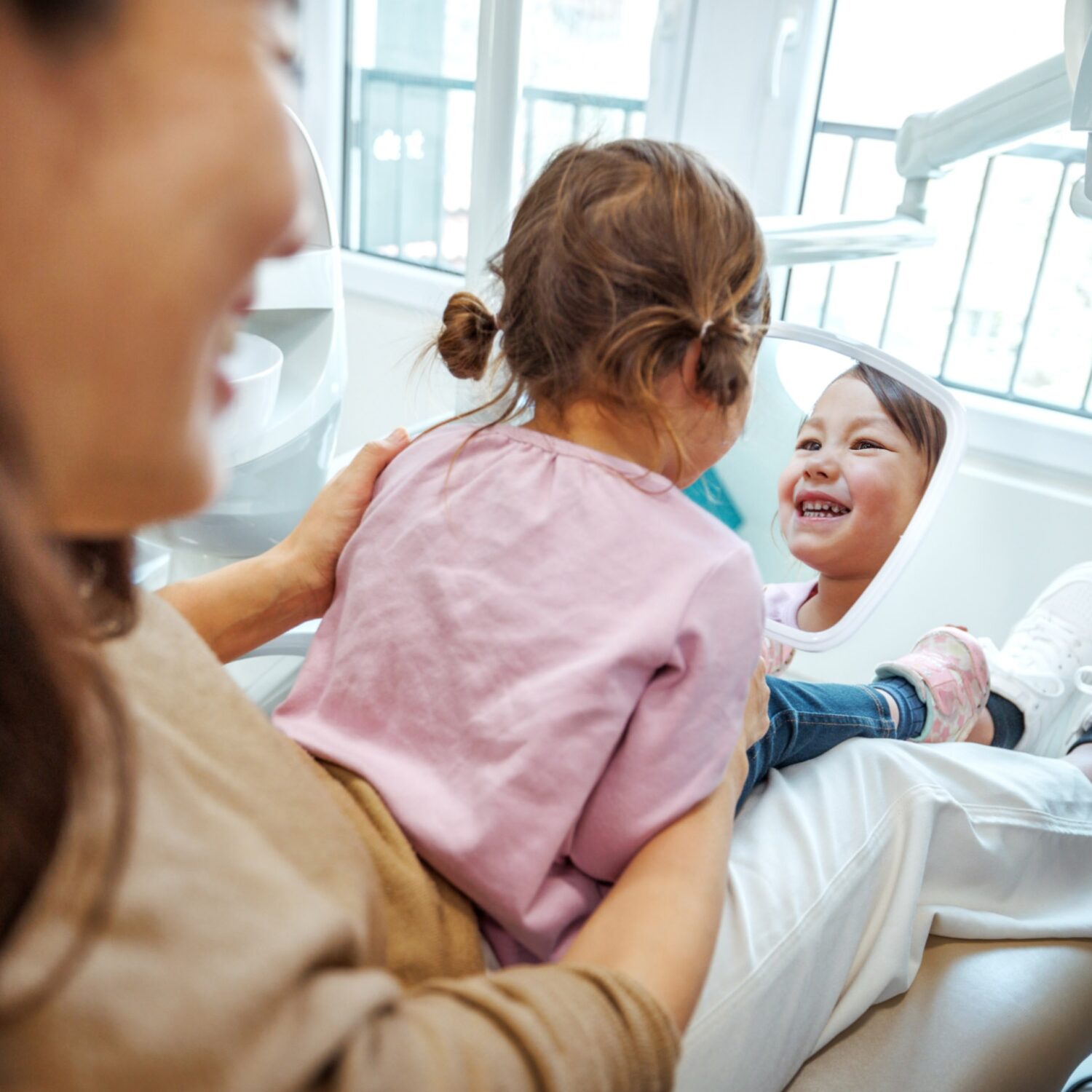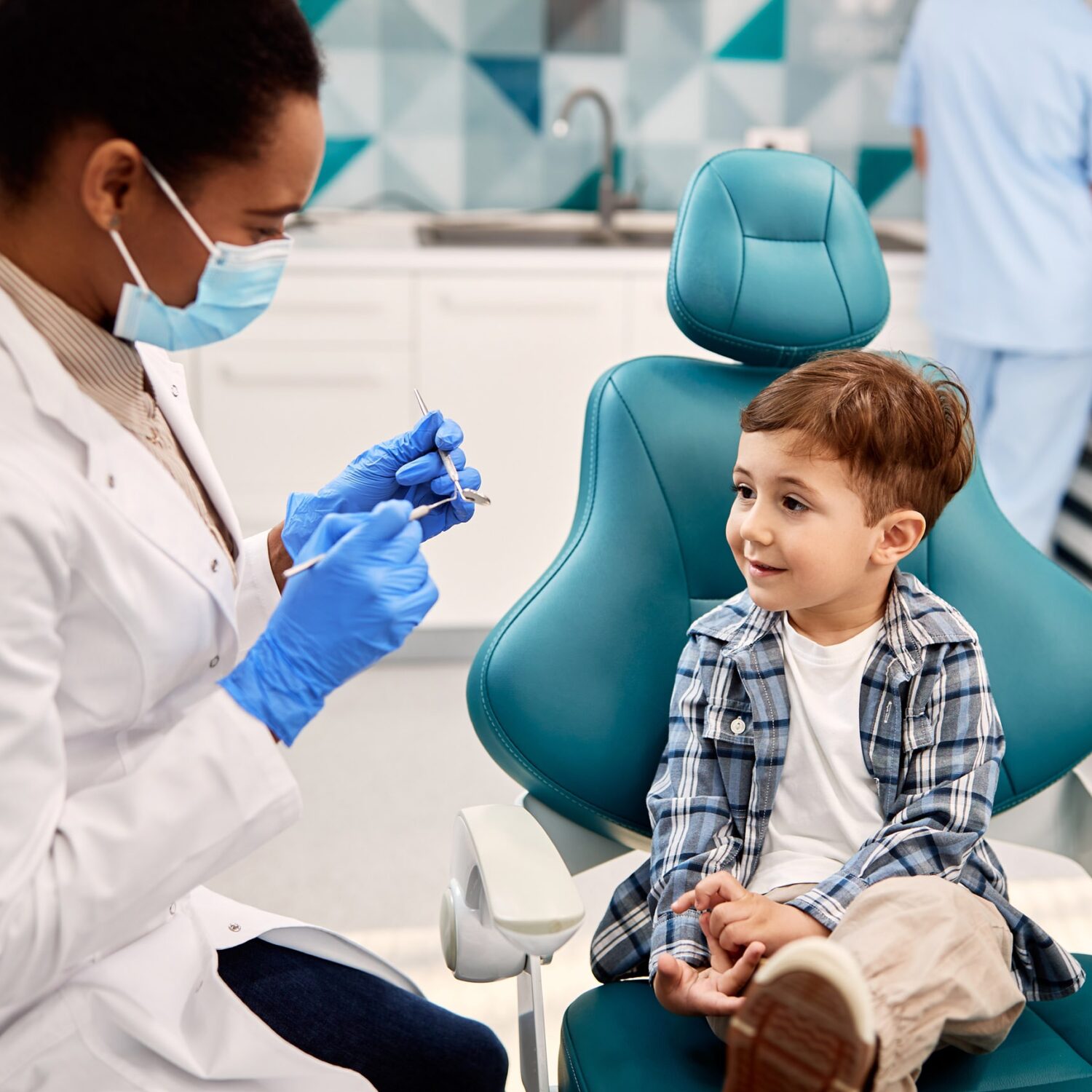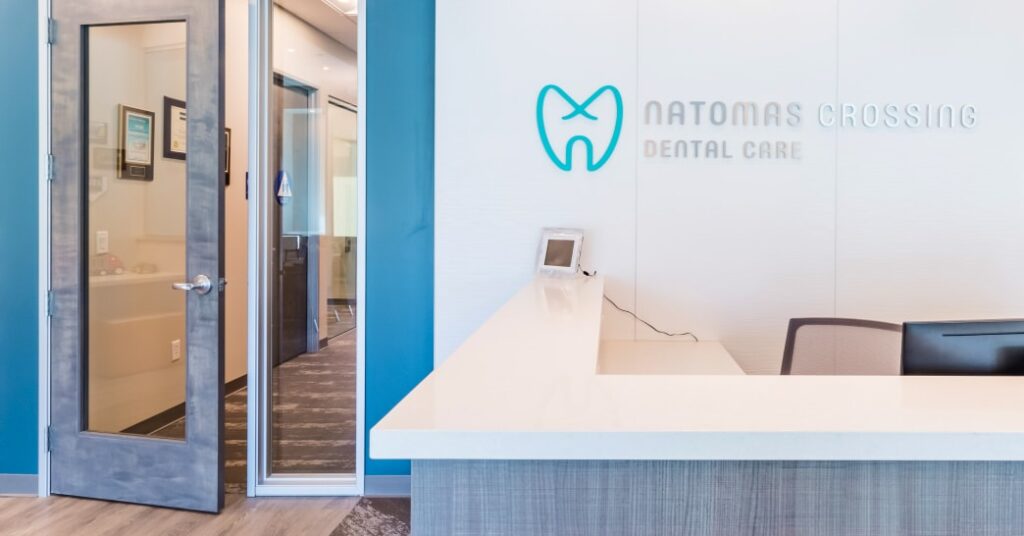A child’s first visit to the dentist should be enjoyable and positive. The more you and your child know about the first visit, the better you will feel about using a kids dentist. Children are not born with a fear of the dentist, but they can fear the unknown.
Our office makes a practice of using pleasant, non-frightening, and simple words during your child’s first dental visit and treatment. For the best pediatric dentistry for children in Sacramento, schedule your child’s first visit with Natomas Crossing Dental Care. We make you feel at ease from the moment your family arrives at our office.
To help prepare your child for his or her first kids dental visit to our office, we created an activity kit that helps children become familiar with their teeth and look forward to their dental visit.



